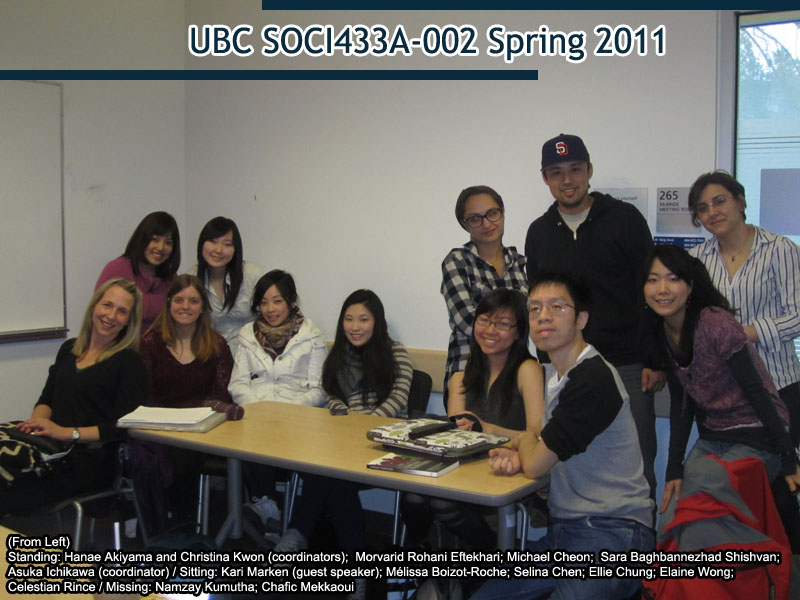Howe
1. Discuss some of the results of the study and whether you trust them. Discuss the methodology used in the paper and whether it is a good indication of rationalizing Quebec’s question of sovereignty.
2. The paper keeps making connections between having sovereignty and having better standards of living. Do you agree with this connection? Do you think separation usually results in better standards of living? What do you think is the rationale behind Quebecois’s version of sovereignty?
3. Do you think there is any conflict between the dual identity of Canada as a whole and Québécois identity (or any kind of dual identity like Chinese Canadian) for that matter? What are the differences between being French Canadian and being Chinese Canadian or is there any difference?
Meadwell
1. In the early chapter of Quebecois history, the Roman Catholic church enjoyed a significant degree of political control over the province. Meadwell states that “The population was mobilized by the church around local symbols, with rural life and la patrie linked together and glorified as part of a natural community.” Also, consider the fact that during the mid 19th century there was growing support for secular education and a liberal state. Do you think that such a fact greatly affected the province’s economy? Its economic relationship with the Anglophones?
2. The Internal Colonialism hypothesis suggests that support for nationalism is the strongest in “inferior positions in occupational structures,” and a more complete division of labour makes “independence … a more plausible option.” If we are to take for granted that this thesis is not as flawed as Meadwell suggests, do you think this thesis can work outside the Quebecois context? For instance, can the cultural makeup of BC make the province strive for independence?
3. The New Middle Class theory perceives that “strengthening of the provincial state must at least be a by-product, if not the central goal, of nationalism.” In regards to Quebec, do you think there is usually a conflict of interests between the province and the federal state?
4. The Capitalist State Thesis “points out that the expansion of the parapublic sector has provided not only employment for the middle class but also the infrastructure for private sector growth”, and in the 1980’s, “neoliberalism and a moderate nationalism went hand in hand.” Would you agree that nationalism promotes a certain kind of ideology or economic principles? Why/Why not? Examples?


